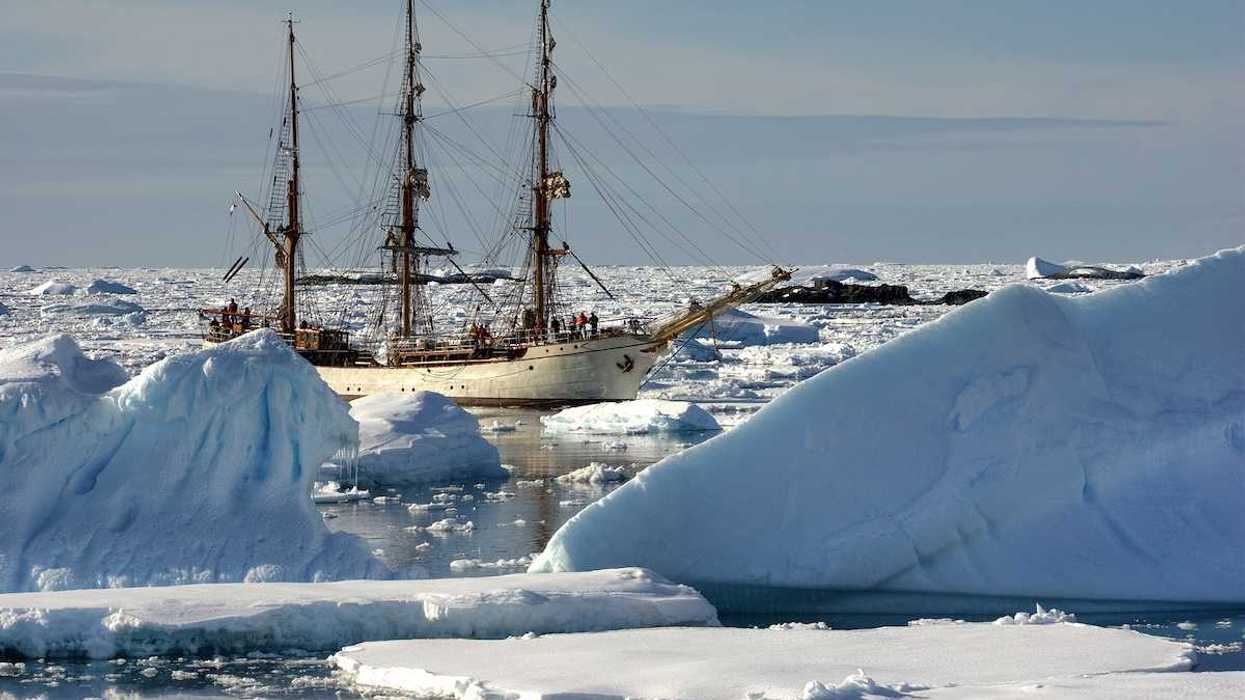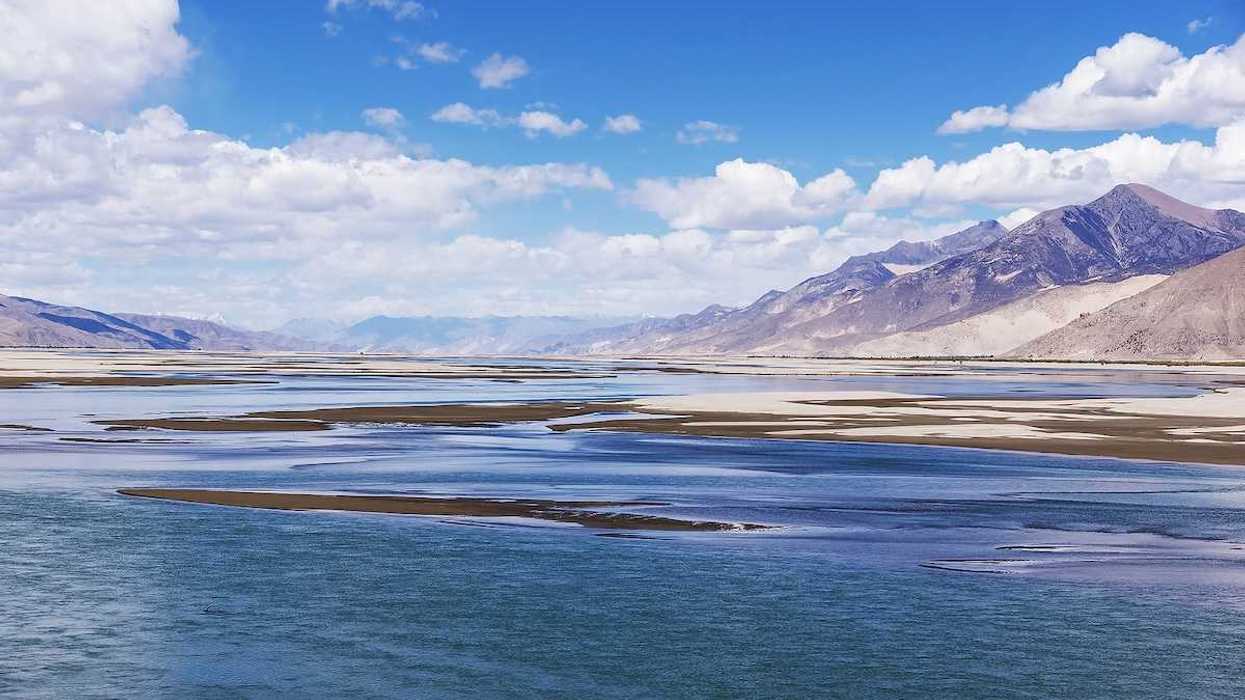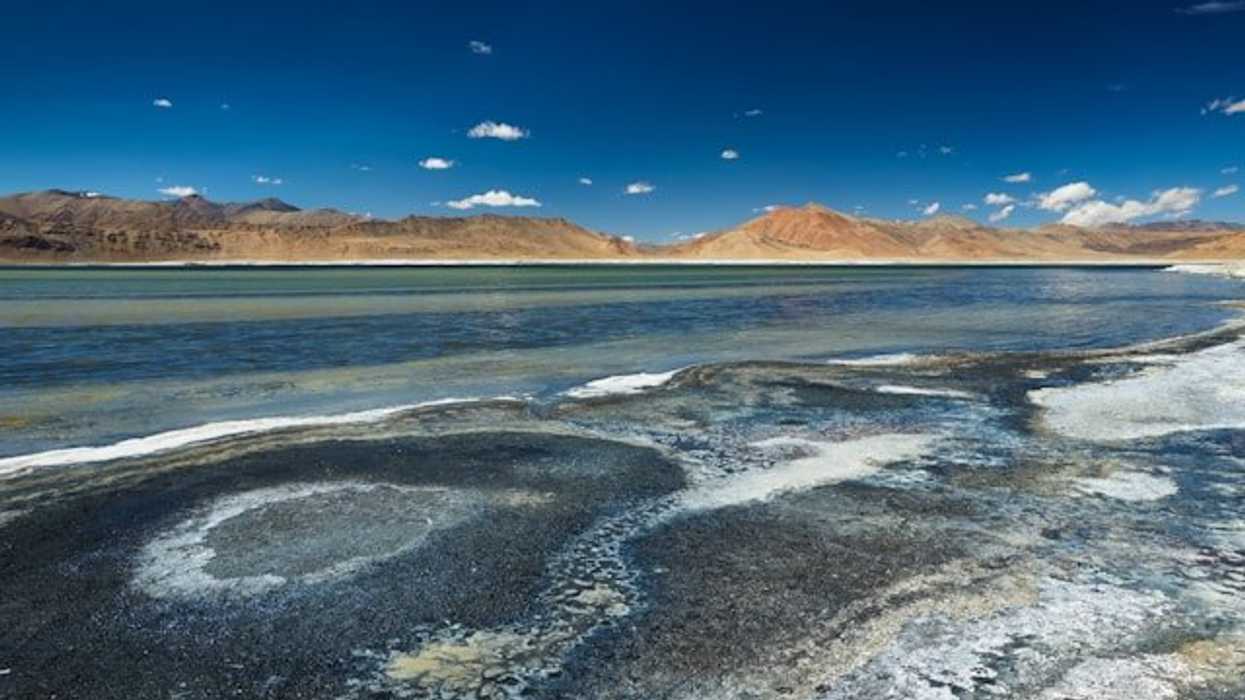A Canadian mining company is seeking U.S. approval to mine the deep sea, sidestepping the international body charged with governing resources in international waters.
Kristine Sabillo reports for Mongabay.
In short:
- The Metals Company has applied for mining licenses from the U.S. to operate in international waters, despite the International Seabed Authority (ISA) not yet finalizing a global mining code.
- ISA Secretary-General Leticia Carvalho says such unilateral action would breach international law under the United Nations Convention on the Law of the Sea, which the U.S. has not ratified.
- While some ISA member states support moving forward with commercial deep-sea mining, 32 countries have called for a moratorium or precautionary pause.
Key quote:
“This latest evidence makes it even more clear why governments must act now to stop deep sea mining before it ever starts.”
— Louisa Casson, Greenpeace International campaigner
Why this matters:
As nations and corporations race to secure the rare metals needed for batteries and green technologies, deep-sea mining has emerged with both promise and peril. Extracting them could come at an enormous ecological cost. Scientists warn that mining operations may devastate some of the most undisturbed habitats on Earth, harming deep-sea corals and sponges that have taken millennia to form. There’s also growing concern that disturbing sediment could release stored carbon or toxic elements, potentially altering ocean chemistry and disrupting global climate regulation.
These risks come into sharper focus as the regulatory framework remains in limbo: The International Seabed Authority, a UN-affiliated body, has yet to finalize rules even as companies file applications to begin exploratory work. Some countries are pushing for a moratorium, while others eye mining as a strategic imperative. The result is a patchwork of competing interests with no binding global agreement.
Learn more: Humans may start mining the deep sea despite limited knowledge














